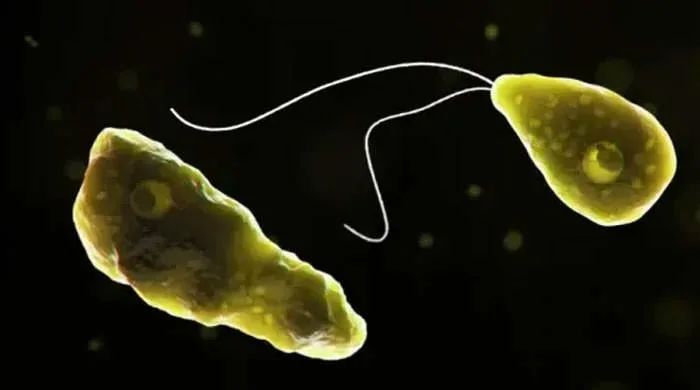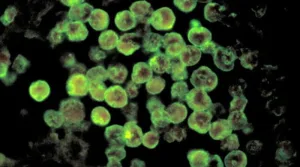Karachi Reports Another Death Due to Brain-Eating Amoeba
Tragedy has struck Karachi as the Sindh Health Department reported the death of a 17-year-old due to Naegleria fowleri, commonly known as the brain-eating amoeba. This marks the fourth such fatality in the city in 2024, raising concerns among health officials and the public alike.
What is Naegleria Fowleri?
Naegleria fowleri is a single-celled organism that can cause a rare and devastating infection of the brain called primary amebic meningoencephalitis (PAM). The amoeba typically enters the body through the nose, usually during swimming or other water activities in warm freshwater sources like lakes, rivers, and poorly chlorinated swimming pools.
How Does the Infection Occur?
The amoeba travels up the nose to the brain, where it destroys brain tissue. Initial symptoms can include headache, fever, nausea, and vomiting. As the infection progresses, it can lead to stiff neck, confusion, seizures, and hallucinations. Sadly, PAM is almost always fatal.
Preventative Measures to Protect Yourself
While Naegleria fowleri infections are rare, it’s crucial to take precautions, especially when engaging in water activities. Here are some recommendations:
- Avoid swimming or diving in warm freshwater sources, especially during the summer months when water temperatures are higher.
- Use nose plugs or hold your nose shut when swimming or engaging in water activities in freshwater.
- Ensure proper chlorination and maintenance of swimming pools and water parks.
- Avoid stirring up sediment in shallow freshwater areas.
Health Department Initiatives
The Sindh Health Department is actively working to raise awareness about Naegleria fowleri and promote preventative measures. They are also focusing on improving water quality monitoring and chlorination practices in the city.
Final Words
The recent death in Karachi serves as a somber reminder of the dangers posed by Naegleria fowleri. By taking necessary precautions and staying informed, we can minimize the risk of infection and protect ourselves and our communities.




+ There are no comments
Add yours